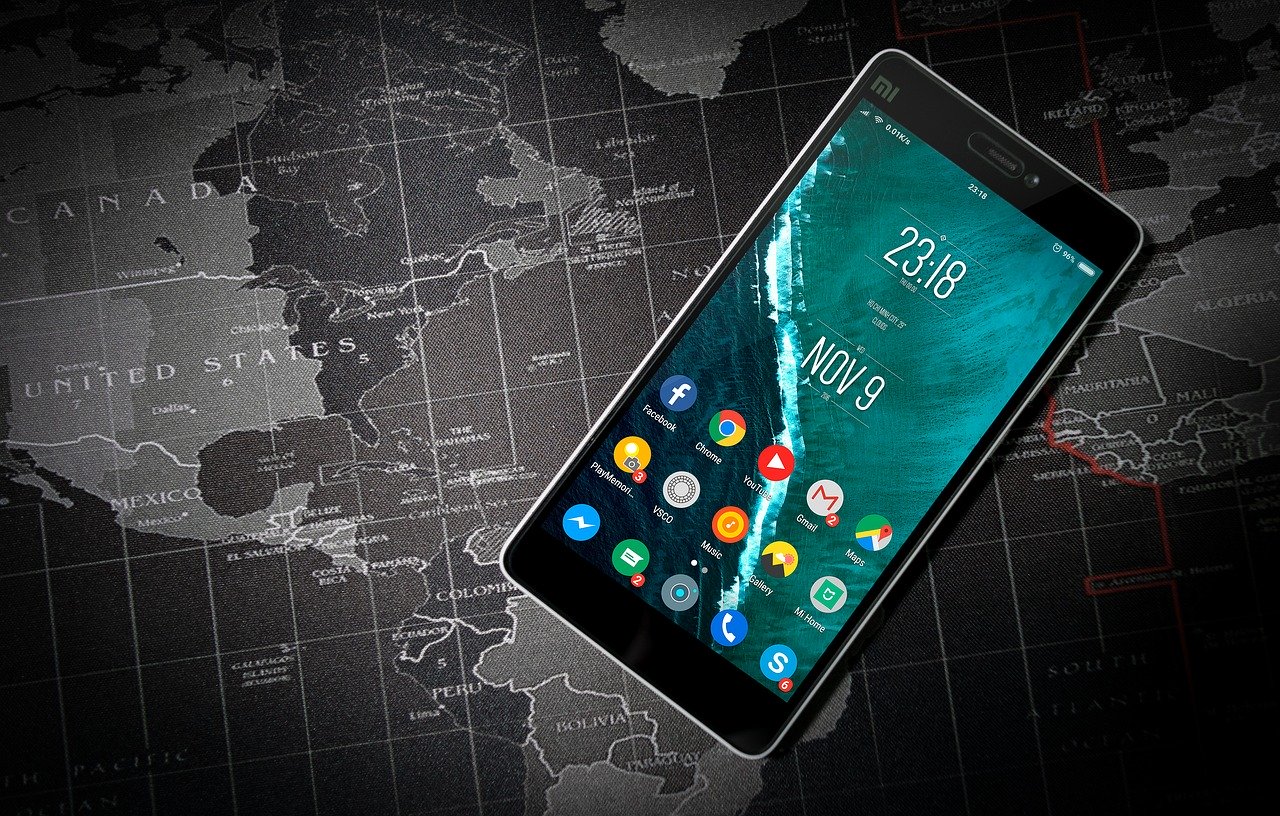Will Americans Consent to Digital Tracking in Order to Curb the Spread of COVID-19?

“Do you give up a little liberty to get a little protection?” This rhetorical question was posed by the director of the National Institute of Allergy and Infectious Diseases, Dr. Anthony Fauci. Dr. Fauci’s question arose during an April 2020 Snapchat Live interview, in response to the notion that the United States could start to implement digital contact tracing to help limit the spread of COVID-19. According to Dr. Fauci and many public health care experts, digital contact apps will be necessary for the country to gain a firm grasp on the impact of the COVID-19 pandemic as the nation makes moves towards reopening.
Private sector tech giants Google and Apple announced on April 10, 2020, that they are partnering to provide developer tools, so-called “APIs,” that will, per the tech companies’ announcement, “enable interoperability between Android and iOS devices using apps from public health authorities.” The digital contact tracing apps would use Bluetooth capabilities to track an app user’s prior locations and identify whether someone who tested positive for COVID-19 also visited those locales. In such case, an alert would be issued for possible exposure. Proponents of these tracking apps argue that they are necessary to monitor the spread of the virus, pointing to their success in helping to contain the spread of COVID-19 in countries like Singapore and South Korea. Notably, other countries like Australia, New Zealand and Great Britain have announced they will be implementing contact tracing apps to assist in virus containment as stay at home restrictions are lifted.
Unsurprisingly, the proposed use of this level of technology and tracking raises concerns with groups such as the American Civil Liberties Union (“ACLU”) and Amnesty International. The ACLU issued a report commenting on the use of tracing apps saying “location data contains an enormously invasive and personal set of information about each of us, with the potential to reveal such things as people’s social, sexual, religious and political associations” and that with the use of such apps “the potential for invasions of privacy, abuse and stigmatization is enormous.”
Many opponents of these apps have alleged that they are in violation of Americans’ Fourth Amendment right to be free from unlawful search and seizure. Conversely, proponents argue that the apps will not collect sensitive personally identifiable information or user location data and according to Google “people who test positive are not identified to other users on Google or Apple apps.” Further, Google and Apple insist that the apps are opt-in only, meaning that users would have to agree to participate in contact tracing.
In the end, the use of such technology comes down to whether Americans are willing to sacrifice some of their liberties in order to regain some semblance of “normalcy” in their lives. If these apps come to fruition, legal experts speculate that they may trigger many future privacy debates in the courts.
Counsel Financial provides working capital credit lines exclusively for the plaintiffs' bar in all states except California, where credit lines are issued by California Attorney Lending.

